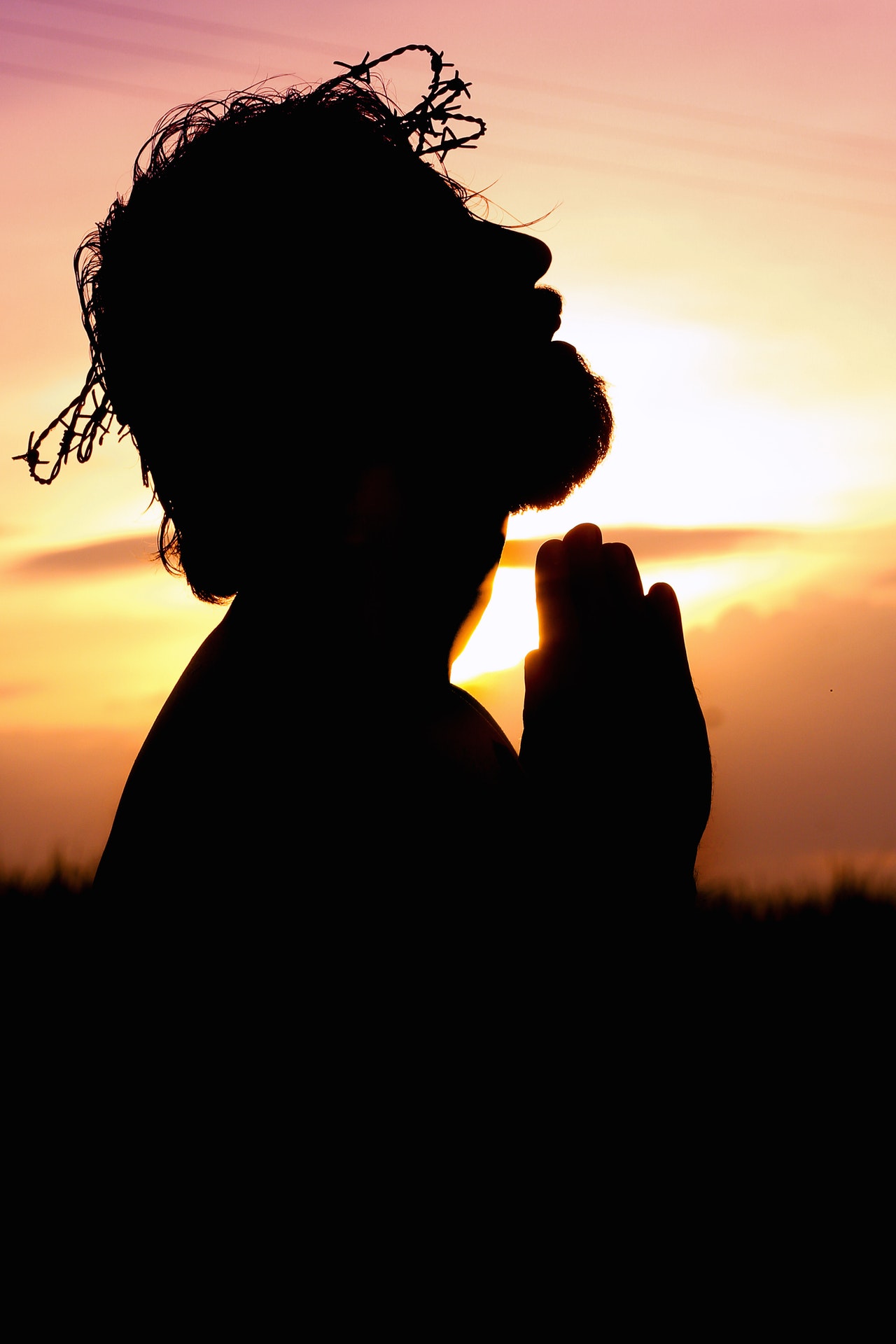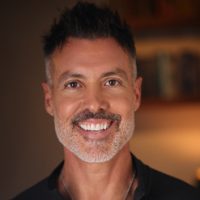A few weeks ago, a friend of mine was in a terrible motorcycle accident three days before he was supposed to move to Los Angeles.
The night before his move, I received a message from his father letting me know that he was in an accident and in critical condition in the ICU.
It didn’t make any sense. I had just talked to my friend on Sunday, and we confirmed the exact time he’d be arriving on Friday. We talked about his new job and how excited he was to begin this new chapter of his life. Ever since he was 12 years old, he’s wanted to be an actor, and so after finishing his career in the military, he finally made the decision to move to Los Angeles to pursue his dream of acting.
And then suddenly, in a matter of moments, his life changed. One moment he was on his way to Los Angeles, the next he was recovering from surgery after nearly losing his life.
I remember teaching a class once, and a young woman asked me why God allowed bad things to happen to good people. I told her it’s a really great question, and I’m so glad she asked. I also told her that in my own experience, it’s during the most challenging times in our lives we learn how to be the strongest. It doesn’t discount the pain we experience during a difficult challenge. Challenges can be overwhelming, especially when it comes to unexpected accidents, surgeries, or the loss of life.
I continued, “When we look at our lives linearly from now until the end, we see challenges as inconvenient or bad. But if we’re willing to imagine standing at the end of our lives and looking backward, we’d be more open to receive the gift each challenge can give.”
I’m not going to lie. This is a big challenge and one that my friend is still facing. The good news is that he made it out alive. He’s fighting for his recovery and has an incredibly supportive family who have come from all over to be by his side.
After my friend’s accident, I grieved for the loss of what would’ve been. And it was painful. What I’ve come to realize over the years is that if I’m not willing to allow myself to feel the pain during a painful time and give myself the grace to have a breakdown, I won’t get to experience the breakthrough.
The breakthrough I had helped me see “willingness” in an entirely new way. It occurred to me, in a way like I’ve never felt before, that the universe, God, or nature, or whatever you’d like to call it, doesn’t work on our behalf sometimes. If we’re willing, we can see that the universe isn’t only working on our behalf when we see the good in our lives; the universe is working on our behalf all of the time.
I’ve been thinking a lot about willingness ever since my friend’s accident and what it even means to be willing. What does willingness look, or feel, like? How do we become willing to see something differently?
If I were to close my eyes and imagine what willingness looks like, I imagine it would look like the bird that I just saw sitting on a plant in my neighbor’s backyard. Before it was going to fly away, I noticed the tiny blue bird begin to position its body and softly flutter its wings. It appeared to be readying its mind before it suddenly leapt up and flew away. The willingness it had could be seen in its preparation to fly.
Willingness looks like the desert plants I saw along my morning walks when I visited my family in Arizona. It gets so hot during the summertime that the plants need to quickly adjust their way of life or else they’ll die. Many species of plants become willing to make change. They might drink less water and risk losing some of their leaves. Flowers might only bloom at night so that they can continue to attract pollinating animals who feed on their nectar by helping them avoid the scorching desert sun.
Willingness looks like the quail family that recently laid eggs in my mom’s backyard. Both the male and female quail equally provide support in order to care for their young. They become willing to show up in whatever way necessary to watch over the eggs. The mom and dad take turns guarding the nest before the new generation of baby quail hatch. In an effort to relieve the mom from nesting so that she can take breaks and eat, the dad regularly returns to the nest to help brood the eggs. Each parent becomes willing to see their purpose in a new way.
Willingness looks like the dark soil in the community garden that I visited earlier today. While I didn’t see any plants or final crops, willingness is what’s below the surface calling forth the process of growth. Willingness is key to the intuitive evolution of nature’s ecological system—whatever is unwilling won’t survive.
Willingness feels soft like the malleable clay that I used to play with as a child. I can move, stretch, bend, and shape it. Willingness is life-giving. Willingness is allowing. Willingness is faith-in-action. Willingness is saying yes even when we don’t know what the outcome will be.
Most importantly, willingness is something that we have to practice. Not because there are any guarantees that our lives will suddenly change or that we’ll somehow alter an unexpected event, but because life is happening on life’s terms, and when we practice willingness, we’re creating space for something new to emerge.
Now, if I were to ask you to close your eyes and describe to me what willingness looks like, what do you see? If I were to also ask what in your life could you become willing to see differently, what would it be?
~
Please consider Boosting our authors’ articles in their first week to help them win Elephant’s Ecosystem so they can get paid and write more.









Read 0 comments and reply